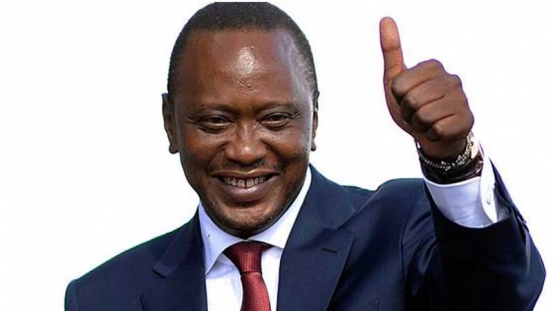×
The Standard e-Paper
Smart Minds Choose Us

There is so much that Mr Kenyatta has set out to do. His task will be much easier if he rallies the country together. As former US President Barack Obama said during his visit to the country in 2015, no team can win with half the players out of the field.
As such, Mr Kenyatta must actively lead in efforts to stabilise the country in the aftermath of the most polarising political season ever. He was wise to reach out to his opponent Raila Odinga; he would be wiser still to move beyond the soundbites.